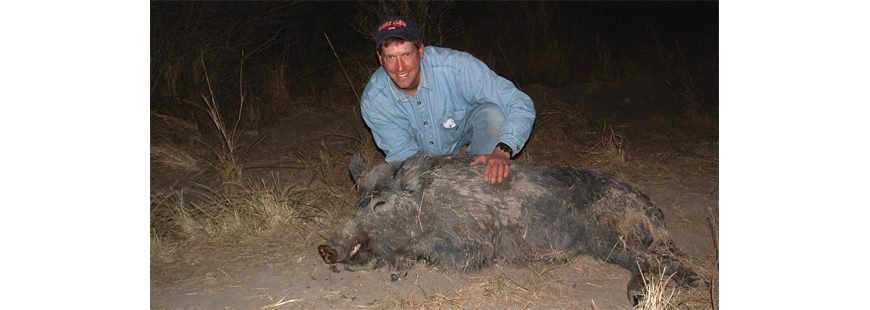Using Common Sense about Unmanaged Forage Fish
About every 6 to 8 months, my job experiences a bit of an implosion. I think that’s what keeps things exciting and certainly causes me to open my mind a bit more to other people’s perspectives. It’s not that I welcome such chaos, I’m told it just comes with a position of leadership.
This week’s episode comes from a fellow fishing guide who simply lets partisan politics cloud good judgment. I’m hopeful I cannot actually produce an entire blog post on this alone, but only time will tell…
The Association of Northwest Steelheaders, along with a bevy of conservation organizations is working with the Oregon Department of Fish and Wildlife to protect unmanaged forage fish in Oregon’s near-shore waters. Now, unmanaged forage species are the lesser-known fish that still play a critical role in the success of larger fish sport anglers commonly pursue. Species such as the Pacific saury, Pacific sand lance, and a myriad of other lesser-known fish and squid species are what make up the “unmanaged” component of the forage prey base. Most anglers know of sardines, anchovies and of course herring that play a huge role in the success of most ocean species. They’re also important to sport and commercial fisheries in order to harvest other highly sought after species such as salmon, tuna and bottomfish.
These fish have management plans (this one for anchovies is over 30 years old and 222 pages long) associated with them, enabling fishery managers to take corrective action if they appear to be overharvested. For example, a directed commercial fishery targeting sardines was rescinded due to a plummet in population abundance.
Although unmanaged forage fish are not a commercially desirable target species in US waters, they certainly are in other parts of the world. So much so, in fact, that many of these lesser-known species are being fished towards a depleted state. And where do you think those foreign fleets will look next to satisfy what seems to be an insatiable appetite for these important fish? History would point to the more conservatively managed US territorial seas and state owned waters. But thankfully, under the Magnuson-Stevens Act, we have everything to say about that. One of the many benefits of the Magnuson-Stevens Act is the establishment of ownership of US waters out to 200 miles offshore.
In an attempt to garner support for this state-driven issue, I asked several of my fellow fishing guides if they would lend their business names to an initiative directed at our Oregon Department of Fish and Wildlife, expressing support for these additional protections. Of course the vast majority of my colleagues gleefully allowed me the use of their business names, but I was taken aback by one guide who said, and I quote, “Sorry, too many things are protected that shouldn’t be.” After stating this would have no negative impacts on our industry, only good things will come of it, he responded, “Well, that’s how it starts, I like you, but your political views suck.”
Although I have known for some time that one’s political affiliation can get in the way of common sense, fish and wildlife conservation thankfully often times cross political lines. That is certainly the way it should be for common-sense measures such as protecting unmanaged forage species.
I often times find myself in an awkward position. Many of the conservation measures I embrace are also endorsed by many well-known environmental organizations. Some of the coalitions that we partner with on key conservation initiatives are occasionally the plaintiffs in a lawsuit that we are defending against. While I make it a point to explain our alliances with the environmental community to my right-wing friends, I also make it a point of showing elk, turkey, wild boar and of course a plethora of fish species to my environmental friends, trying to correlate the link between healthy ecosystems and healthy, organic and bountiful food sources. My friends on the far right and far left seem to understand this, even though they may secretly all hate me.
Thankfully, the same rings true even in this most dysfunctional Congress. Republicans want their constituency to own guns and exercise their right to hunt and fish, Democrats on the left want healthy ecosystems so their constituents can view wildlife. That doesn’t mean that common sense prevails and partisan politics allows for commonsense measures such as the Land and Water Conservation Fund, the Magnuson-Stevens Act, and additional wilderness-area protections on lands and waters where they make sense. What, are you crazy or something?
It is really up to us, as constituents, as Republicans and Democrats, as conservationists, environmentalists and proponents of the Second Amendment to demand that our elected leaders come together to ensure a rich natural resource legacy for future generations of Americans. Often times, politicians on opposite sides of the aisle are blinded by fury on positions their opponents have taken on much more controversial legislative issues. Only some of them can look past their differences on other issues and come together on ones that make sense. And to find a leader to help those not capable of keeping their emotions in check, well, that has a whole other story. And crap, there I go, compiling a complete blog post on just this one issue. I was praying for failure…



Ryan, so happy to hear the news that you and Neil will be doing your ABC tours again! Very happy for your fans in the West – th8&7#e21y;re in for a real treat! Had the privilege of seeing you and meeting you in Albany last year andhad the time of my life! Just hope and pray you don’t overdue and that you’ll be home for Christmas! I’m sureyour family misses you! Saw you at the Wang and will be at the Oakdale tomorrow for the Soundcheck and Show!Sharon xx